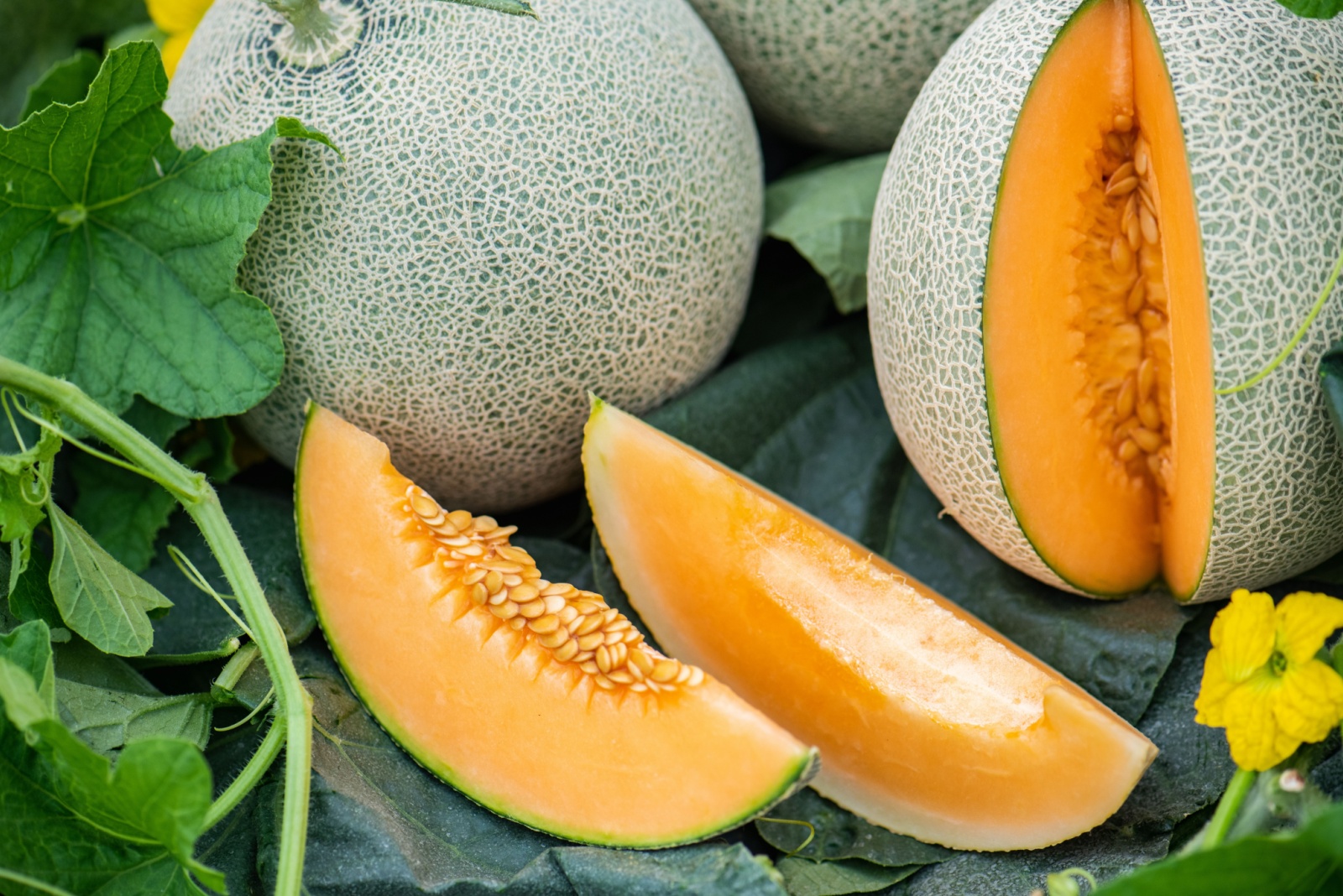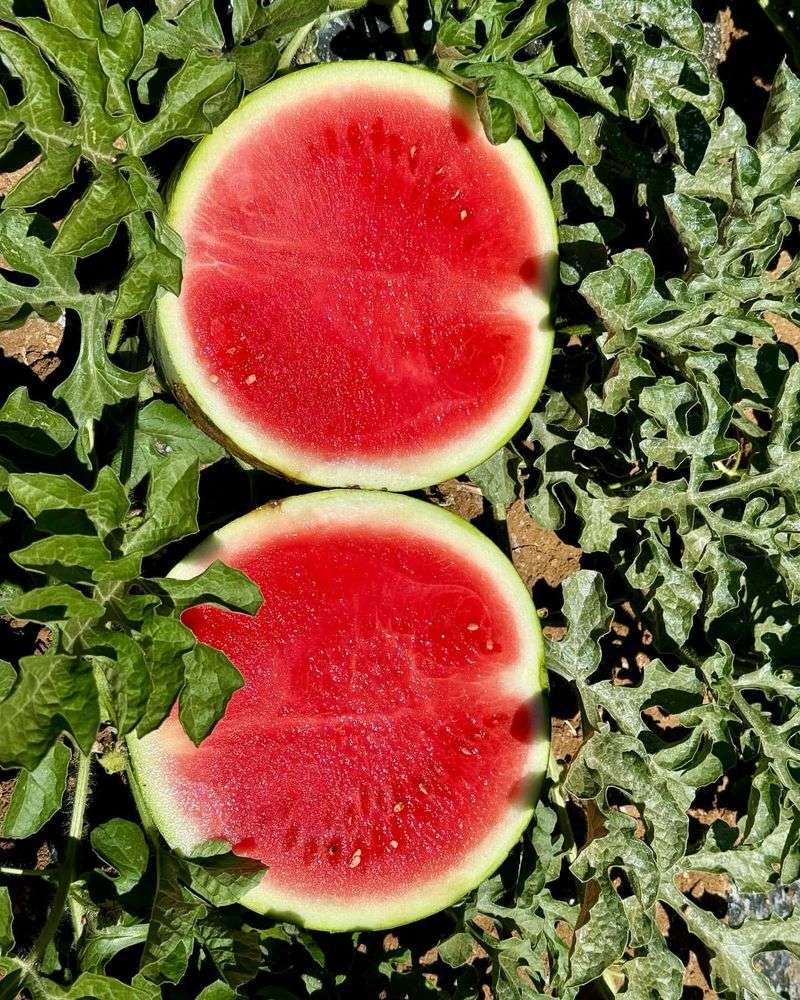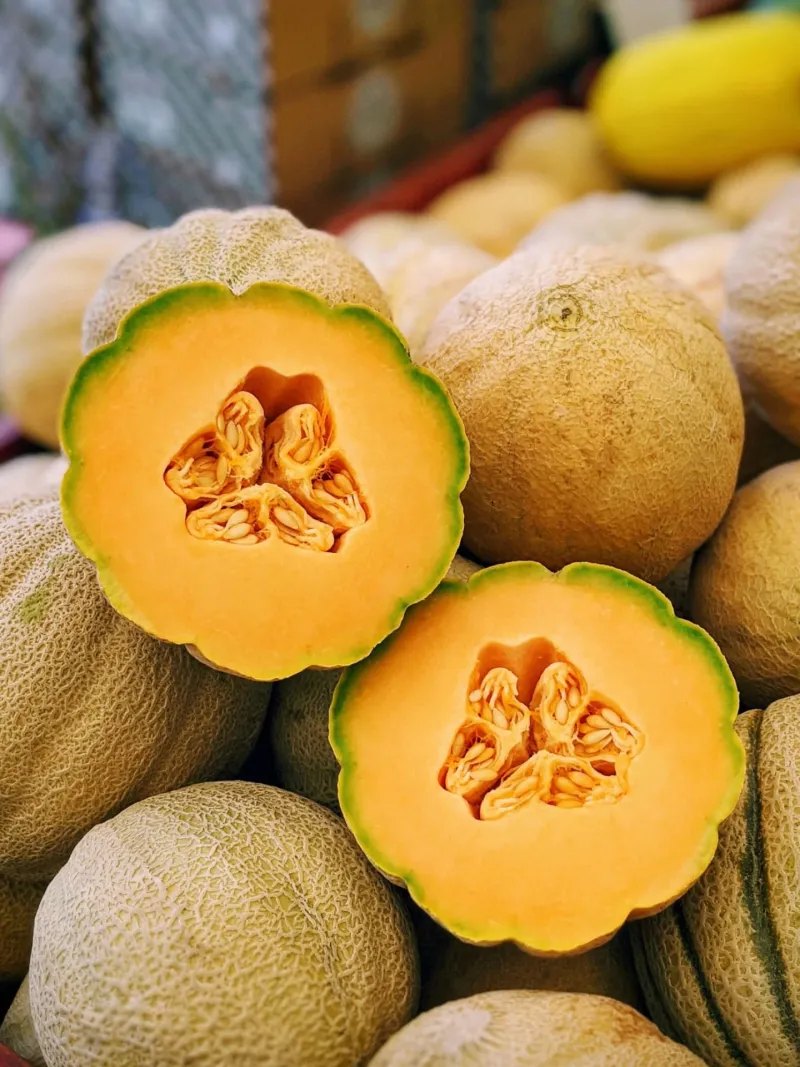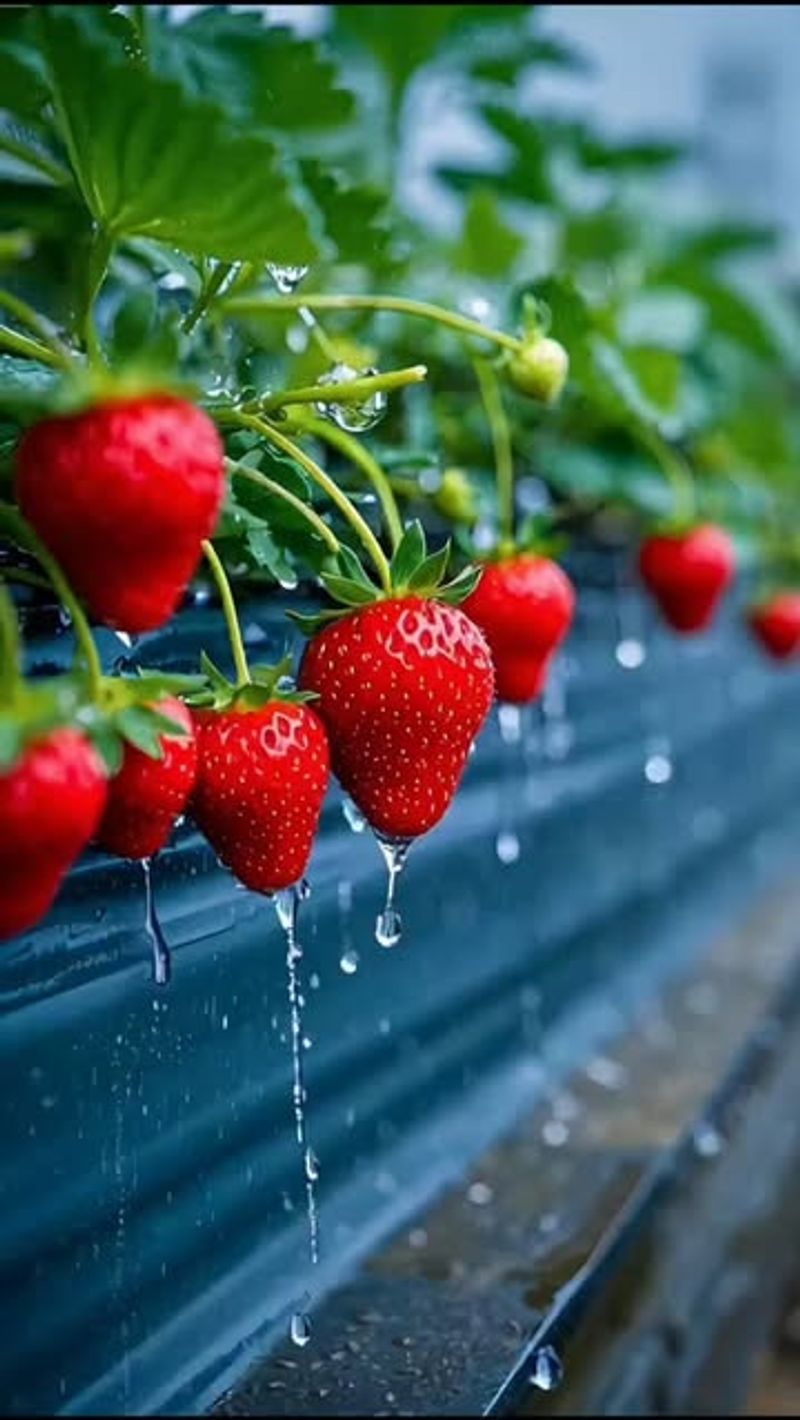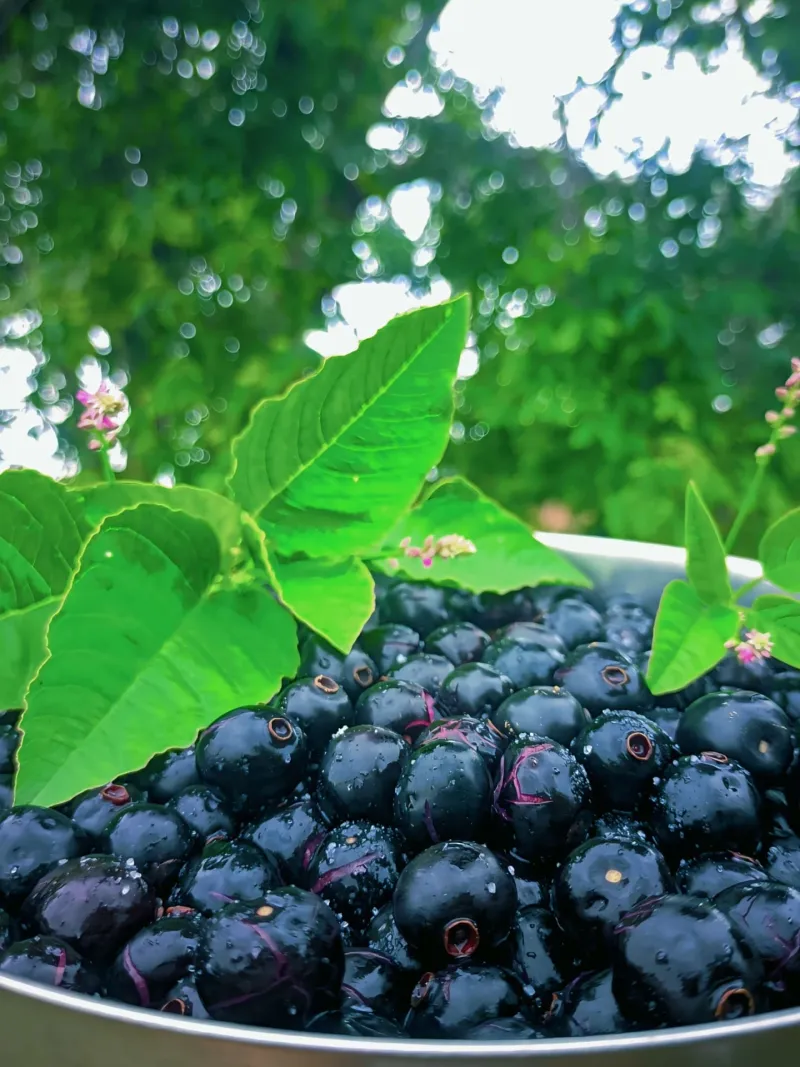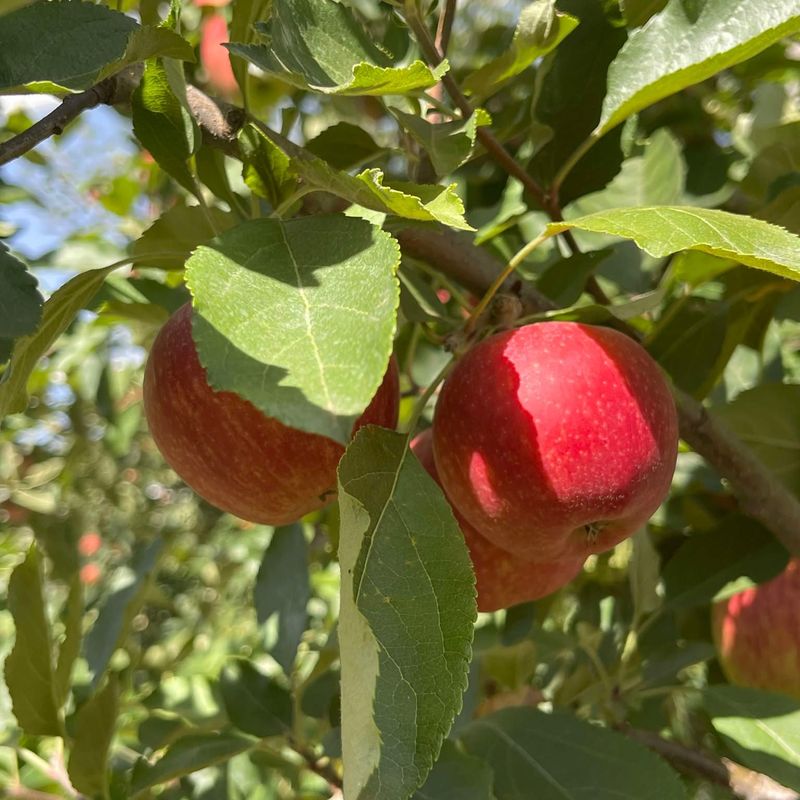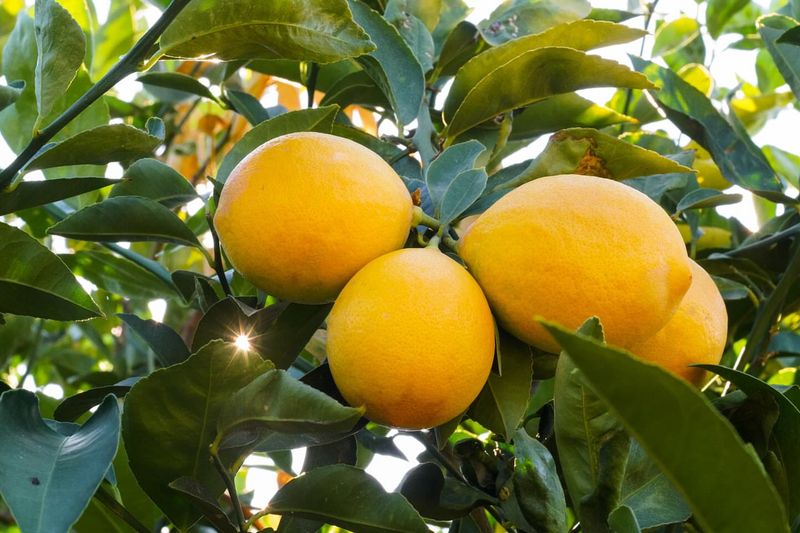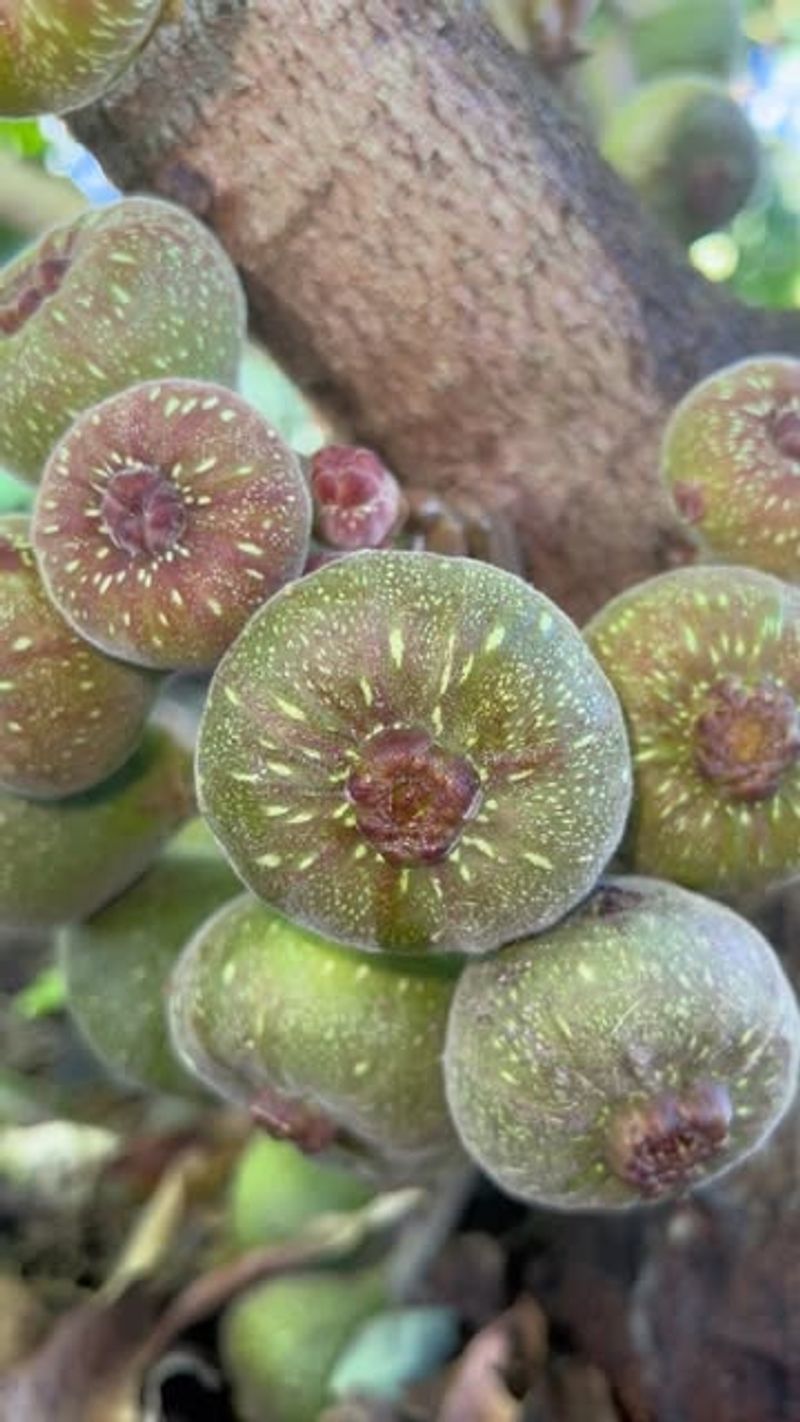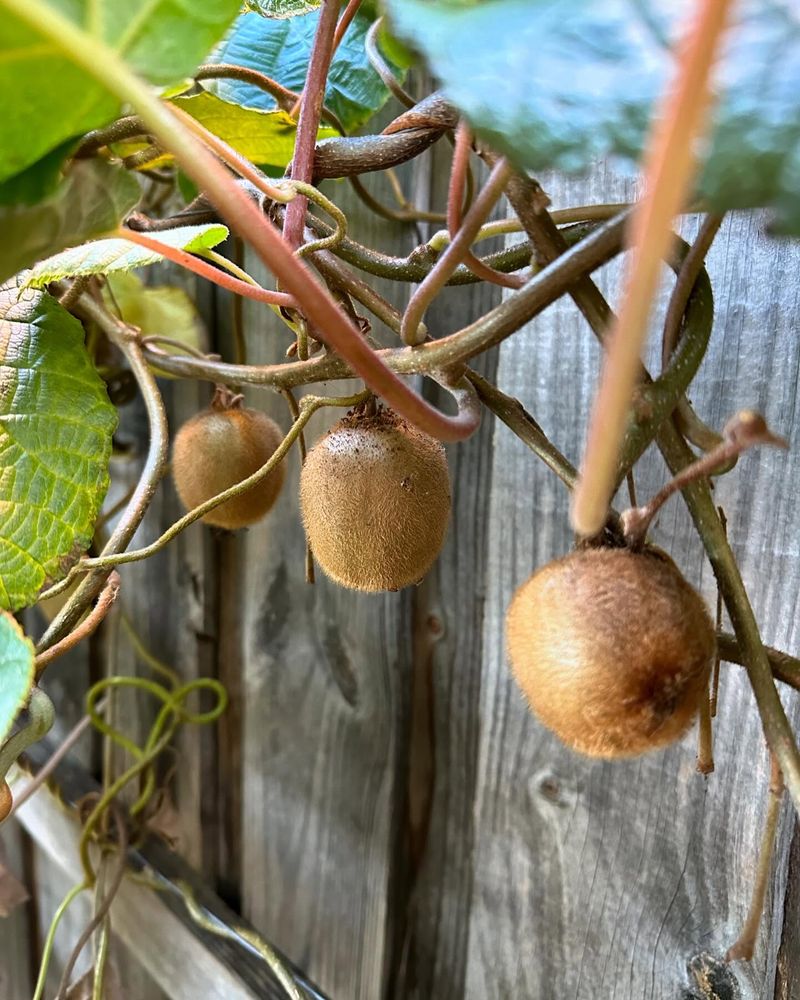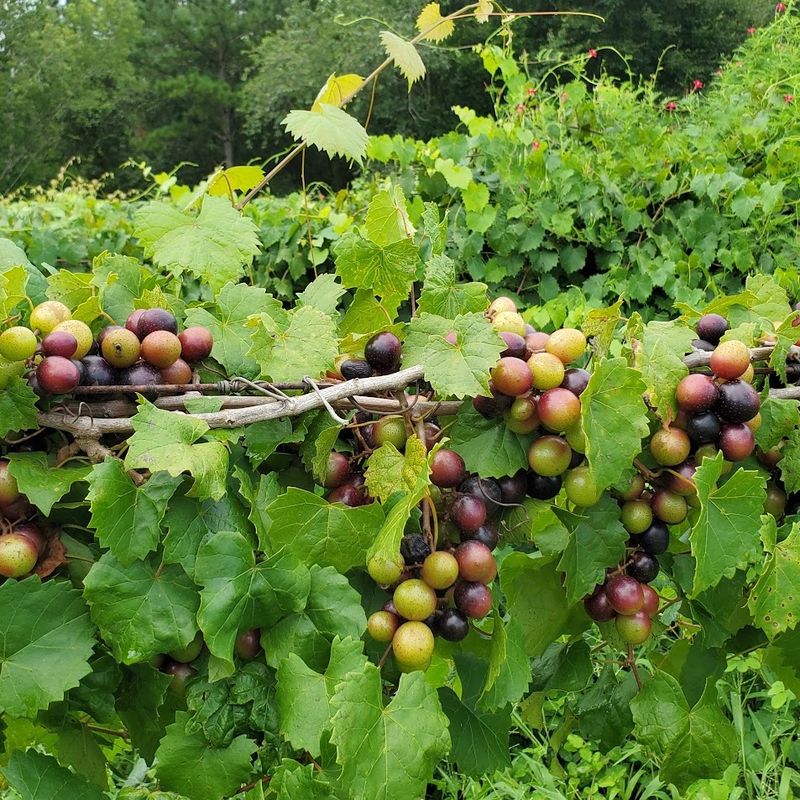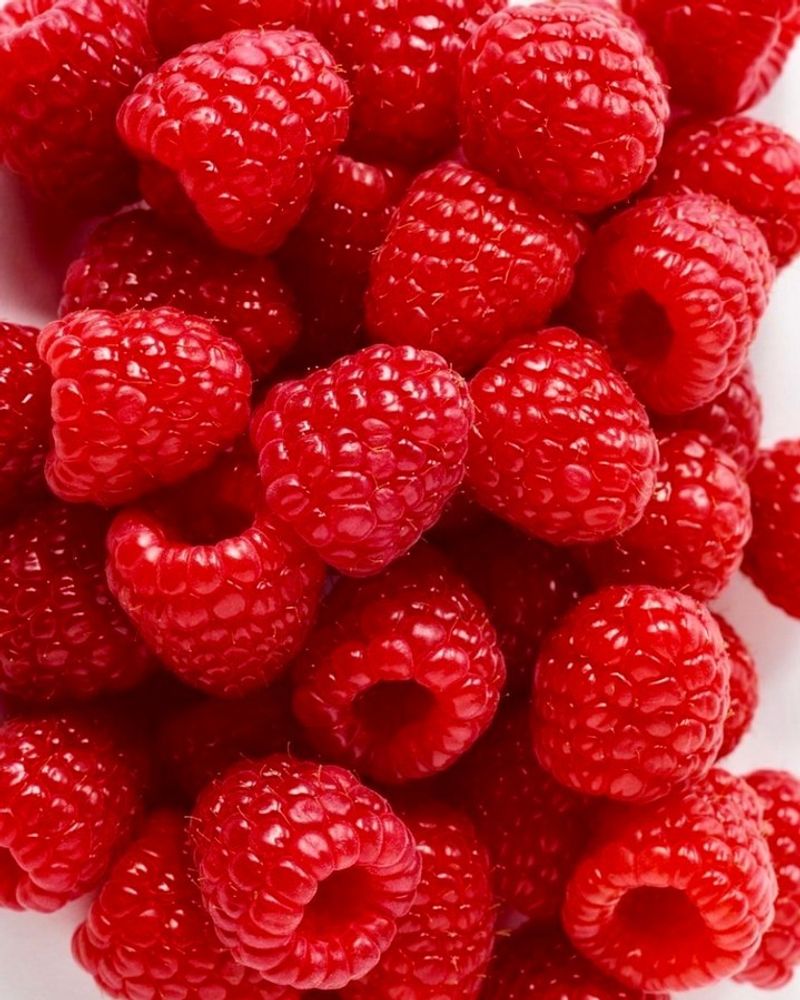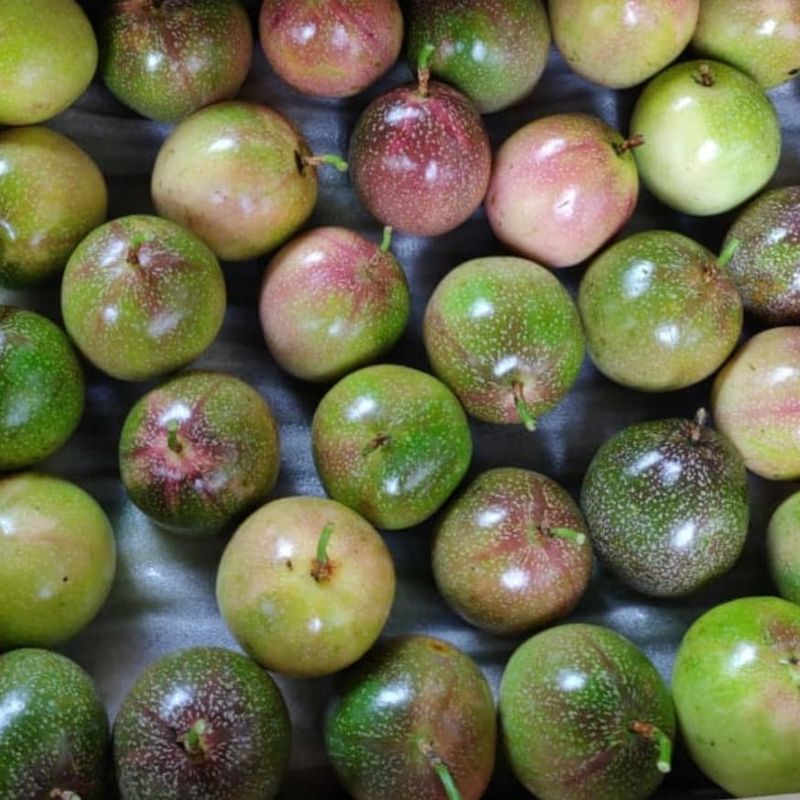September in North Carolina offers the perfect climate for starting your own fruit garden from seeds. The cooling temperatures and occasional rainfall create ideal conditions for many fruit varieties to take root before winter arrives.
Whether you’re a beginner or experienced gardener, growing fruits from seeds can be both rewarding and economical.
1. Juicy Watermelons
North Carolina’s warm September soil provides excellent conditions for watermelon seeds to get established. Plant them about an inch deep in well-draining soil and keep consistently moist.
Watermelons need plenty of space – each plant requires about 6 feet in all directions. The Sugar Baby variety works particularly well for fall planting, as it matures faster than larger types.
2. Sweet Cantaloupe
Cantaloupe thrives when planted in September across North Carolina’s growing zones. For best results, soak the seeds overnight before planting them half an inch deep in hills spaced 4 feet apart.
The Minnesota Midget variety performs exceptionally well when started in early fall. Add a layer of mulch around young plants to retain moisture and suppress weeds as they establish themselves.
3. Vibrant Strawberries
Growing strawberries from seeds in September gives them time to develop strong roots before winter dormancy. Sprinkle the tiny seeds on moist soil surface without covering them – they need light to germinate.
Alpine varieties like ‘Alexandria’ work beautifully for fall seeding. Keep the soil consistently damp using a spray bottle to avoid disturbing the seeds. You’ll enjoy sweet berries by next summer!
4. Tart Blackberries
Wild blackberry seeds collected from summer fruits can be planted in September after a cold stratification process. Simply mix seeds with damp sand in a sealed container and refrigerate for 3-4 weeks before planting.
Choose a sunny location with slightly acidic soil. The native North Carolina varieties are naturally adapted to local conditions and produce abundant harvests. Young plants will need protection from harsh winter winds.
5. Crisp Apples
Starting apple trees from seed in September allows them to experience the natural winter chill they need to break dormancy. Collect seeds from local heirloom varieties for best results in North Carolina’s climate.
Refrigerate seeds in damp paper towels for 4-6 weeks before planting. Remember that apple trees grown from seed won’t produce fruit identical to their parent, creating exciting possibilities for unique varieties uniquely adapted to your garden!
6. Tangy Lemons
Lemon seeds from store-bought fruit can grow into beautiful houseplants when started in September. Extract seeds from ripe lemons, rinse off the slippery coating, and plant immediately while still moist.
Use well-draining potting soil in containers that can be moved indoors during North Carolina winters. Meyer lemons adapt particularly well to container growing. Young plants may take 3-5 years before producing fruit but make attractive ornamentals in the meantime.
7. Aromatic Figs
September offers the perfect timing for starting fig trees from seed in North Carolina. Collect seeds from fully ripened figs and rinse thoroughly before planting in seed-starting mix.
Brown Turkey and Celeste varieties perform exceptionally well in the state’s climate. Keep seedlings in a warm, bright location through winter. Though growing figs from seed takes patience, you’ll be rewarded with trees perfectly adapted to your specific microclimate.
8. Nutritious Kiwi
Hardy kiwi varieties thrive in North Carolina when seeds are started in September. Extract seeds from ripe fruit, rinse well, and plant in seed-starting trays with good drainage.
The ‘Arctic Beauty’ kiwi variety shows excellent cold tolerance for North Carolina winters. Seedlings need protection from frost during their first year. Male and female plants are required for fruit production, so plant several to ensure successful pollination down the road.
9. Refreshing Muscadine Grapes
Native to North Carolina, muscadine grapes grow wonderfully from seed when planted in September. Collect seeds from locally grown fruit for varieties already adapted to the region’s climate and soil conditions.
Plant seeds half an inch deep in individual pots filled with sandy loam soil. The ‘Scuppernong’ variety, North Carolina’s state fruit, develops excellent disease resistance when grown from seed. Young vines will need sturdy support structures as they mature.
10. Delicate Raspberries
Fall-bearing raspberry varieties can be started from seed in September throughout North Carolina. Extract seeds from ripe berries, rinse thoroughly, and cold-stratify in the refrigerator for 4-6 weeks before planting.
The ‘Caroline’ variety performs exceptionally well in the state’s varied climate zones. Plant in raised beds for better drainage if your soil tends to stay wet. Seedlings will produce their first berries in the second year, with full production by year three.
11. Exotic Passion Fruit
Maypop passion fruit, native to North Carolina, grows beautifully from seeds planted in September. Scoop seeds from ripe fruits, rinse well, and plant immediately in well-draining potting mix.
This native variety withstands winter temperatures across most of the state. Seedlings develop into vigorous vines that attract beautiful butterflies to your garden. Position near a fence or trellis to support the climbing habit as plants mature into stunning flowering vines with delicious fruit.

